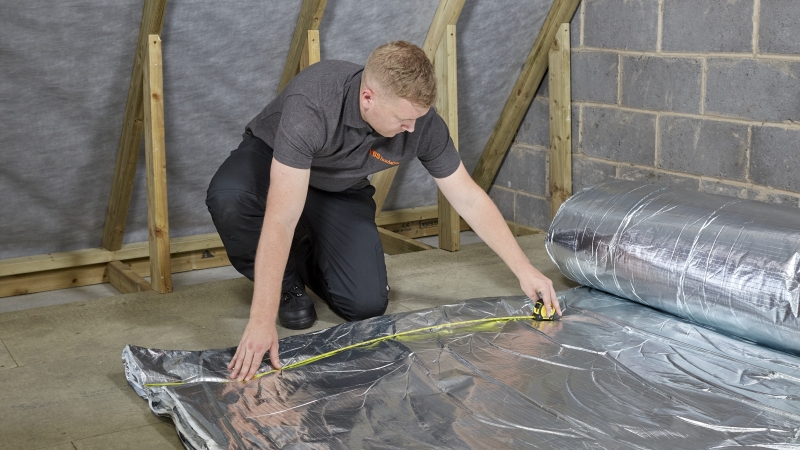We will soon be approaching the time of year when the nights visibly draw in, but the lengthening hours of dark will equally encourage a more illicit trade. Theft from construction sites is now becoming an increasingly attractive proposition, with BauWatch reporting a 67% rise in the UK, a full 10 percentage points above the EU average.
Perhaps more worryingly, it is increasingly perpetrated by organised criminals, who are targeting valuable materials and equipment. Construction plant, tools, cabling and copper are all highly prized by these unscrupulous gangs and their ill-gotten gains are often brazenly made available for sale in markets and car boot sales, whilst larger items are swiftly spirited out of the country.
For sole traders and SME contractors in particular the impact can be devastating and goes far beyond the financial loss. Delays to projects, unhappy customers, increased insurance premiums, and the mental health implications conspire to make this a cruel crime for builders.
Adopting additional security measures is now essential, but that does little to dissipate the beleaguered sense of living under siege. Besides which, with vans parked up outside the job for much of the day, tradespeople are uniquely vulnerable to vehicle crime. Indeed, research by Temporary Business Van Insurance has revealed that more than half of break ins are outside their customer’s property. If the vehicle itself is damaged, then further unwelcome downtime is accrued in setting it right.
So what is to be done? The determined thief will find a way, but a decent level of deterrent can lead them to conclude that easier pickings lay elsewhere. There are now a whole range of protections available, from extra locks to forensic tool marking. Some vans can be equipped with reinforced load spaces, and telematics systems can track locations.
It should also be recognised that construction theft – whether from vans or jobsites – is an acquisitive crime. Cut off the market for the stolen goods and it ceases to be as profitable. There are still far too many – tradespeople among them – who are willing to take advantage of a financial saving by knowingly buying from an untrustworthy source.
It has often been remarked that if one vendor has a dozen nailers and half a dozen combi drills for sale at a car boot then alarm bells should ring as to where they have acquired the goods. The problem is that in the absence of any marks, or serial numbers recorded and crimes reported, the police are powerless to intervene. Many of these marking systems are very cost effective, and a mere fraction of the value of the equipment itself.
There are, of course, wider societal issues at play here that go way beyond the construction industry. When a thief goes out to undertake a crime, he is not pondering whether he will get two years behind bars or three. Instead, uppermost in his mind is the odds of getting caught. The only way to deter crime is to increase the level of detection and that means greater funding for law enforcement.
Similarly, there have been calls for recognition of the debilitating effect of this class of crime on construction professionals through longer sentencing. With our prisons full and alternative punishments to custodial sentences now actively considered that’s not likely to happen either.
Nonetheless more pressure needs to be applied to the organisers of car boots and markets to ensure that their stall holders are reputable. Repeat offenders should be subject to sterner punishments, and vehicle manufacturers can do more to make vans secure. In the interim builders must now subscribe to multiple layers of both physical and technological security, whilst warding off the light fingered by advertising their presence. The trades will continue to be targeted but that doesn’t mean we have to make it easy for them.
Temporary Business Van Insurance
BauWatch
Viewpoint: Creatures of the night












